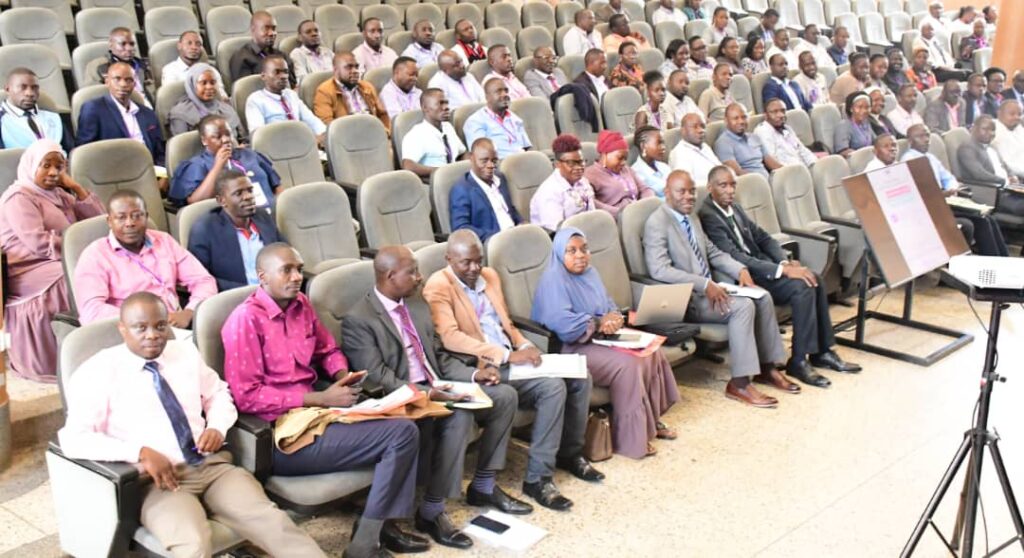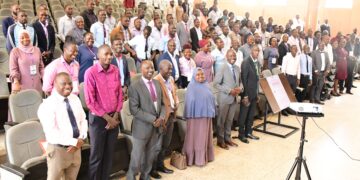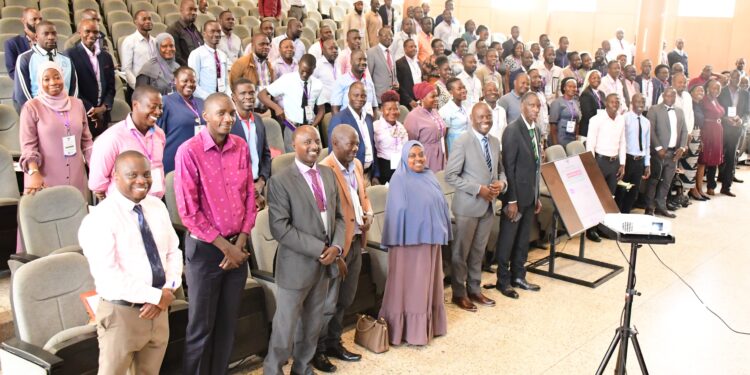Secondary school administrators have been urged to take a more proactive role in the implementation and assessment of Uganda’s Competence-Based Curriculum (CBC), especially in science education.
This was during a key workshop for secondary school administrators on the implementation and assessment of the competence-based curriculum in science subjects held at the Yusuf Lule Central Teaching Facility Auditorium by Makerere University’s College of Education and External Studies (CEES) on Friday.
The one-day workshop, held at Makerere’s Yusuf Lule Auditorium, was organized under the theme “The Role of School Administration in Implementing and Assessing the Competence-Based Curriculum for ‘O’ and ‘A’ Levels of Secondary Schools.” It brought together headteachers, directors of studies, and education stakeholders to address gaps in leadership support for the CBC rollout.
Dr. Marjorie S. K. Batiibwe, Head of the Department of Science, Technical and Vocational Education (DSTVE), emphasised that administrators hold the key to unlocking the success of the curriculum in schools.
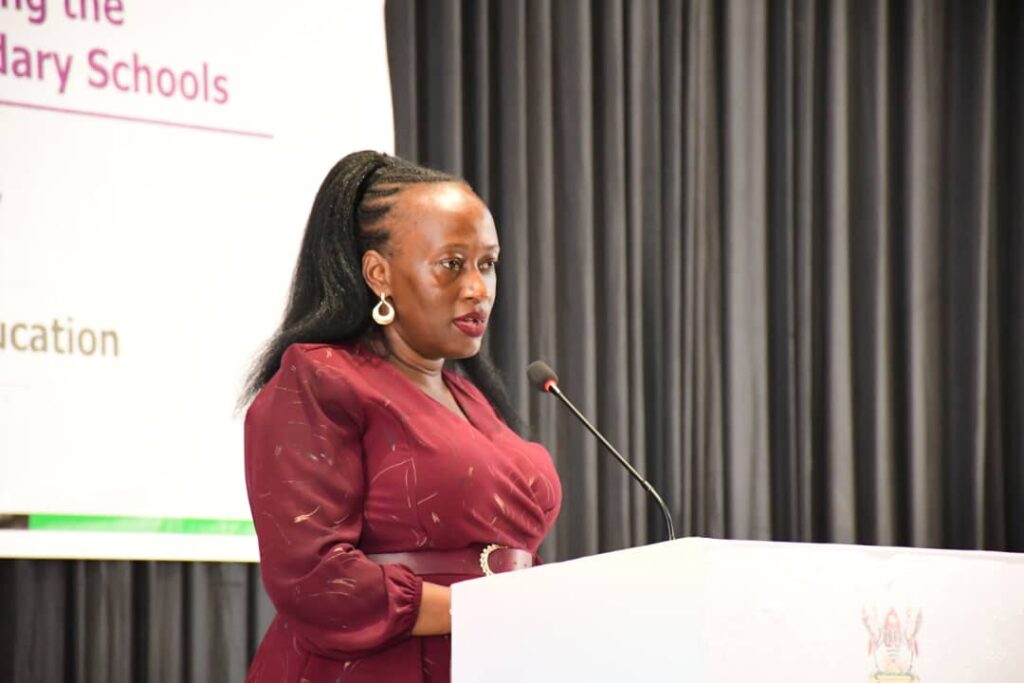
“Many schools have competent teachers, but administrators often lack the strategies to guide, monitor, and support them effectively in aligning with CBC expectations,” she said.
Professor Anthony Muwagga Mugagga, Principal of CEES, called for a mindset shift among school leaders.
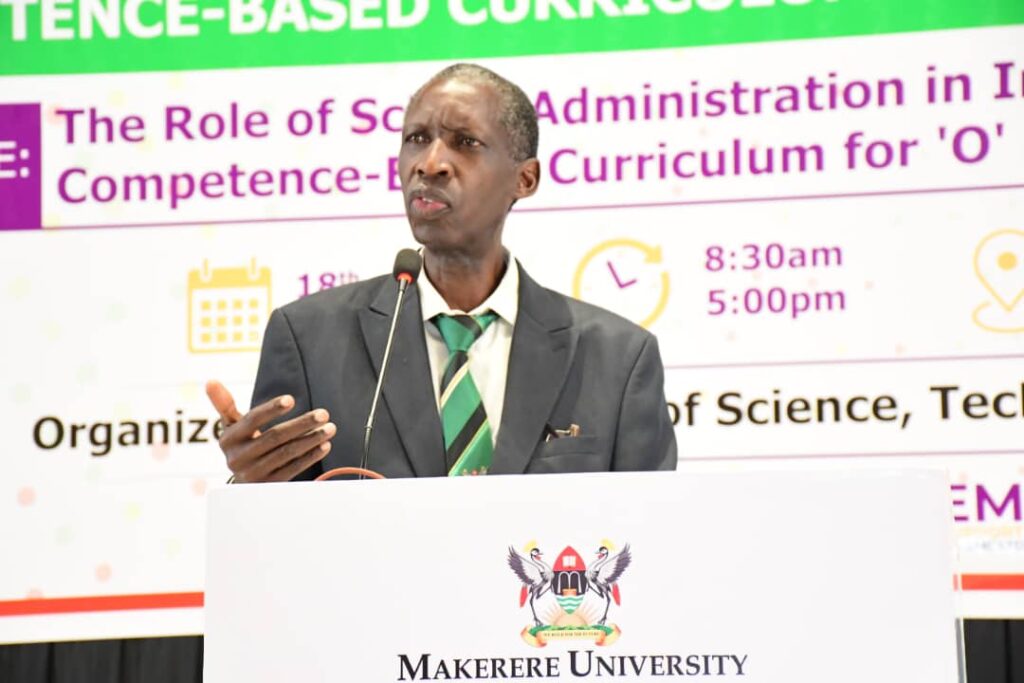
Drawing from his personal journey and professional experience, Prof. Mugagga underscored that education should move beyond passing exams to nurturing problem-solvers and innovators.
“We are not just shaping students; we are shaping Uganda’s future,” he said.
Associate Professor Mathias Bwanika Mulumba, Dean of the School of Education, challenged science teachers to prioritise practical application over rote learning.

“If a physics student cannot fix simple issues at home, then we are failing. Science must be relevant to daily life,” he stressed. He also warned that Uganda’s well-designed CBC would falter without strong leadership and continuous professional development in schools.
Mr. Mudde Moses Ronald, a national trainer with the Ministry of Education’s SESEMAT programme, highlighted the struggles teachers face transitioning from knowledge-based to competence-based teaching.
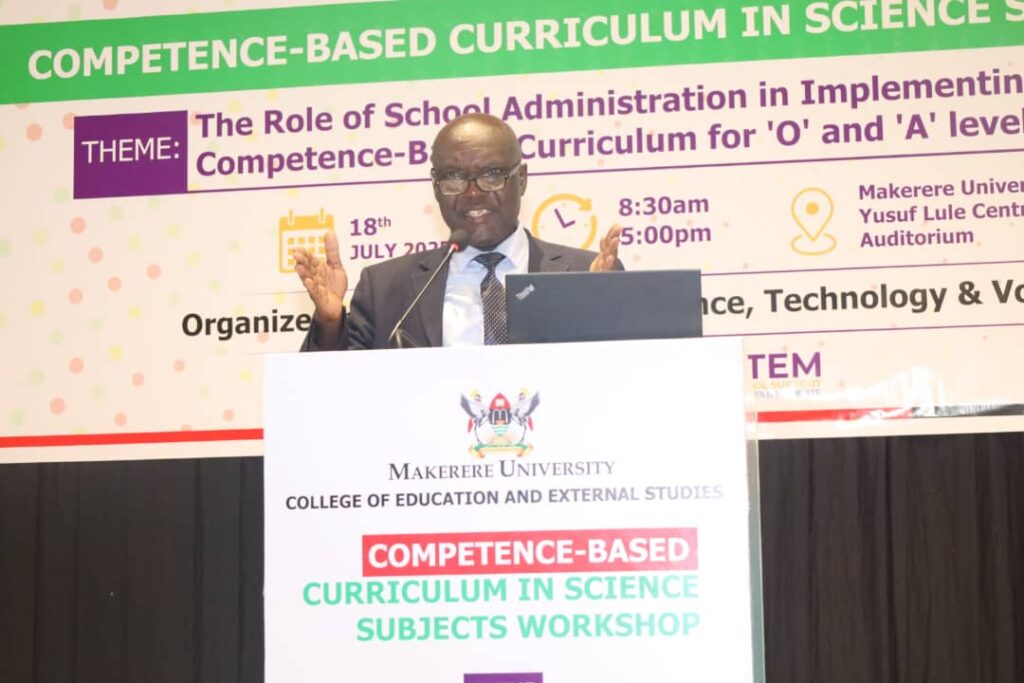
He advocated for ongoing support, mentorship, and patience as teachers navigate this shift.
Wilson Ssabavuma from the National Curriculum Development Centre (NCDC) reaffirmed government commitment to the reforms but urged schools not to wait passively.
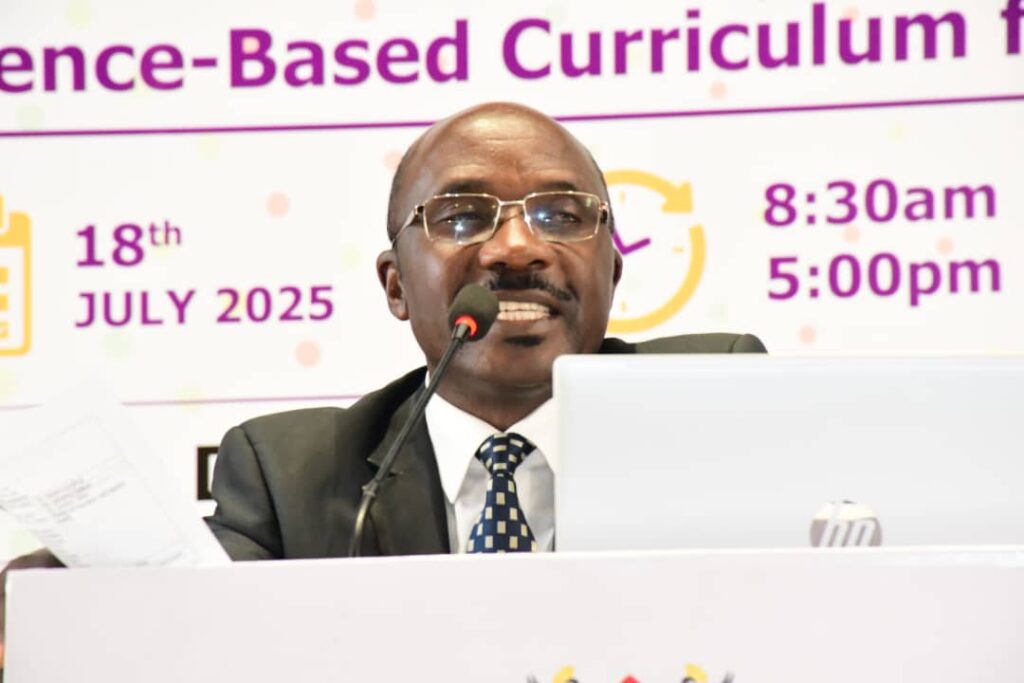
“This curriculum is designed to empower learners with practical skills. Schools must take initiative, embrace professional learning communities, and actively implement the reforms,” he said.
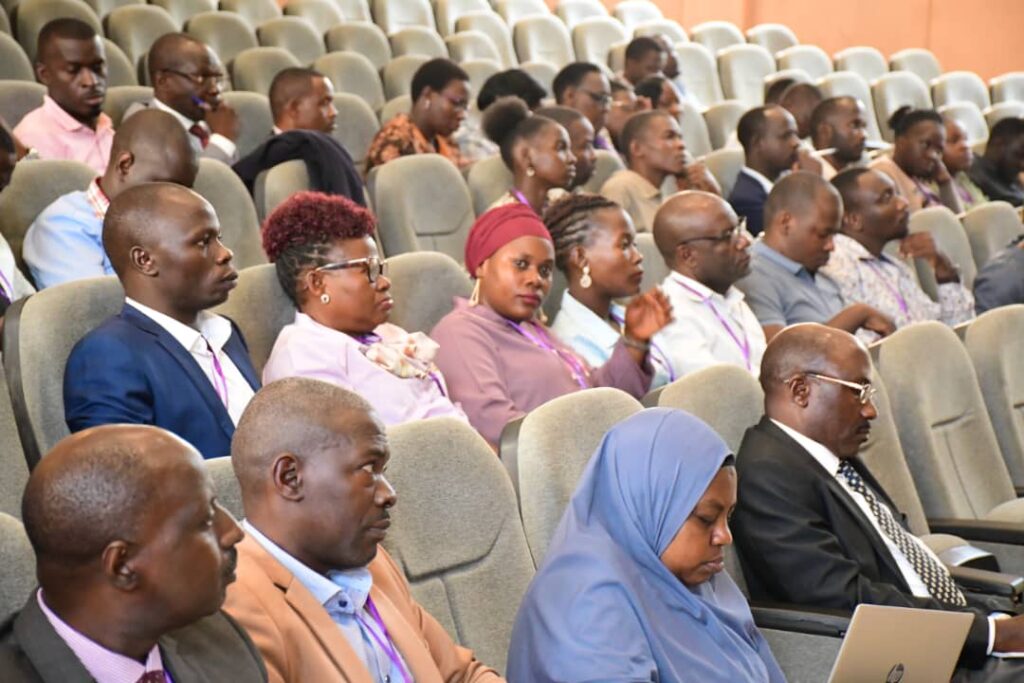
The workshop emphasised the role of continuous assessment, learner-centered teaching, and problem-based learning as central to CBC success — with a particular push to support STEM subjects and bridge gender gaps in science enrolment.
Participants left with a clear message: effective implementation of CBC requires committed leadership, continuous professional growth, and a shift from content delivery to nurturing competencies that prepare learners for real-life challenges.
